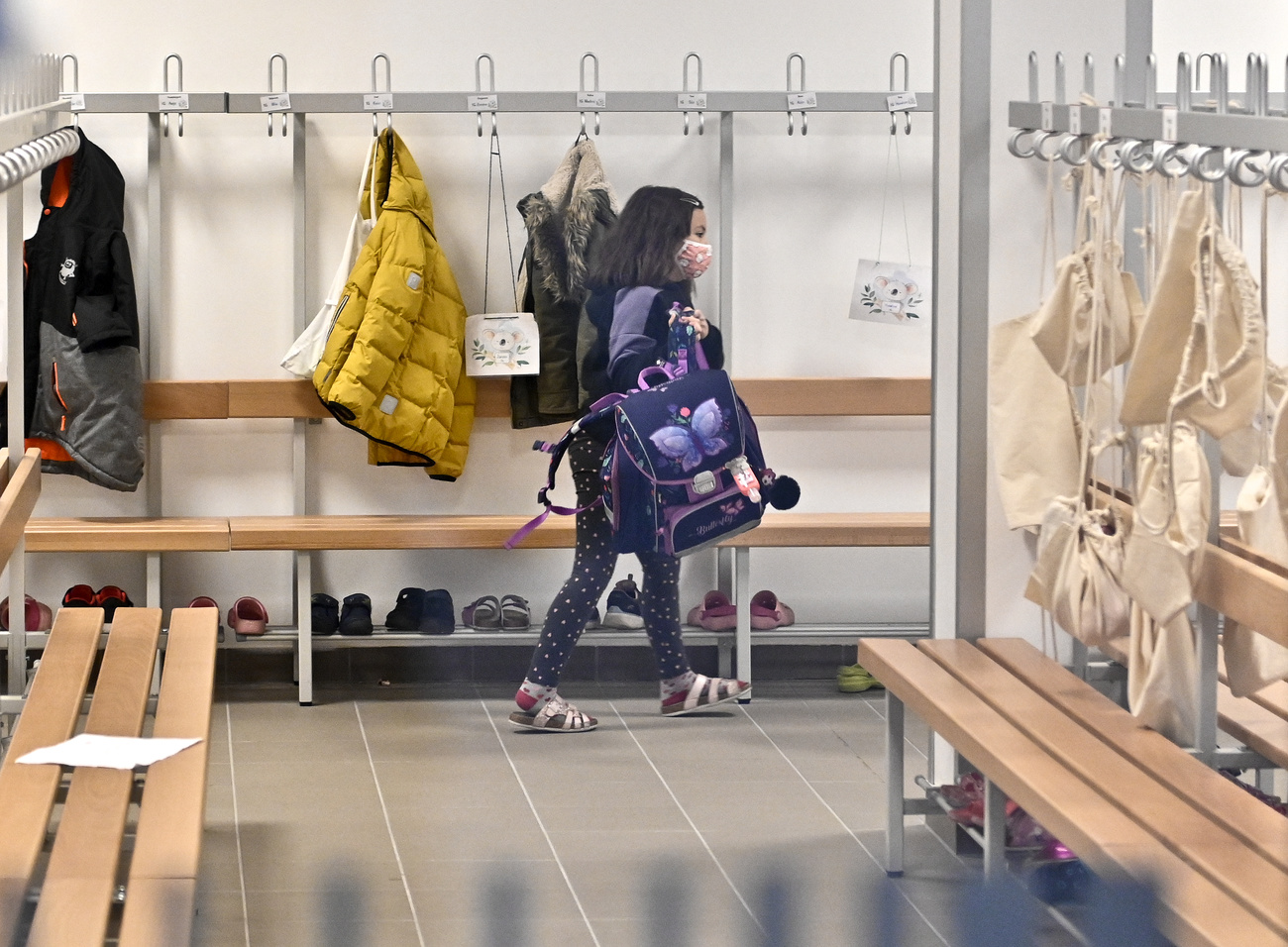Covid-19: school closures ‘could be an option’

Many pupils in Switzerland are returning to school after the holidays on Monday, unlike in some neighbouring countries, which have delayed return over fears of worsening outbreaks.
Concerns are that more contact among friends and family over the Christmas and New Year could lead to more Covid infections, which could then be brought into schools. Austria and Germany have therefore decided to keep schools closed for longer after the holidays. In the United Kingdom, there has been a huge debate on the issue. Schools are now back in lockdown.
In Switzerland, where cantons are in charge of educational and health matters, most pupils went back to school on Monday (only a couple of cantons have decided to delay return for younger pupils by a few days; in canton Zurich, school will resume a week later for older pupils).
But the head of the cantonal directors of health has mooted school closures in Switzerland if infection rates continue to rise.
The numbers of new cases over the past week – more than 5,000 last Tuesday and more than 4,000 last Wednesday (no case figures were released over the New Year holiday period, it was however confirmed on Monday afternoon that they had risen by 9,665 since last Thursday ) – were worrying, Lukas Engelberger told Swiss public television SRFExternal link.
‘Running out of options’
“We have tried to protect schools and work life as much as possible, but we are running out of options,” he added. Work and “if needs be, schools” could be the target of new measures. School “gives a rhythm” to everyday life, so if pupils go back to remote learning, parents will have to stay at home. But this would be a last resort, Engelberger explained.
The Swiss government said on December 30External link that the domestic Covid situation remained “worrying” – two new virus variants (from the UK and South Africa) have reached the country as well – but added there would be no further national measures, since those imposed on December 18External link were “adequate”. Schools, which closed during the spring lockdown, have been open all autumn term and have not been affected by the national measures.
Swiss authorities have based their decision regarding schools in part on the belief that children are not drivers of the pandemic, although research on this is divided.
Some virologists and epidemiologists in Switzerland have been calling for the government to reconsider school closures.
Teachers: keep schools open if possible
But teachers remain opposed to closures for now. The head of the Union of French-speaking Teachers (SER), Samuel Rohrbach, said that distance learning for compulsory school was “was not the solution unless in the short term to stop the virus spreading. We are not yet ready to continue as we did in spring.”
He told Swiss public television RTSExternal link that teaching half classes at a time would be an alternative.
The Federation of Swiss Teachers, in the German-speaking part of Switezrland, said that it had been receiving more enquiries from teachers and parents about hygiene measures in schools – there are masks from age 12 for example – and coronavirus transmission.
Its general secretary, Franziska Peterhans, told SRFExternal link that it would also prefer schools to stay open if possible, but said that health was always the top priority. It was prepared for closures as a last measure.
Swiss officials have held throughout the pandemic that it is better for children’s education if they can attend school in person. This is to avoid disadvantaged pupils in particular from falling behind in their education. A study has shown that around one-fifth of children fell through the remote learning net during the eight-week spring lockdown when schools were closed.

More
One fifth of pupils ‘falling through remote learning net’
In our podcast, The Swiss Connection, we met a Swiss-Californian family that returned to Switzerland so that the children could attend school in person:

In compliance with the JTI standards
More: SWI swissinfo.ch certified by the Journalism Trust Initiative













You can find an overview of ongoing debates with our journalists here . Please join us!
If you want to start a conversation about a topic raised in this article or want to report factual errors, email us at english@swissinfo.ch.